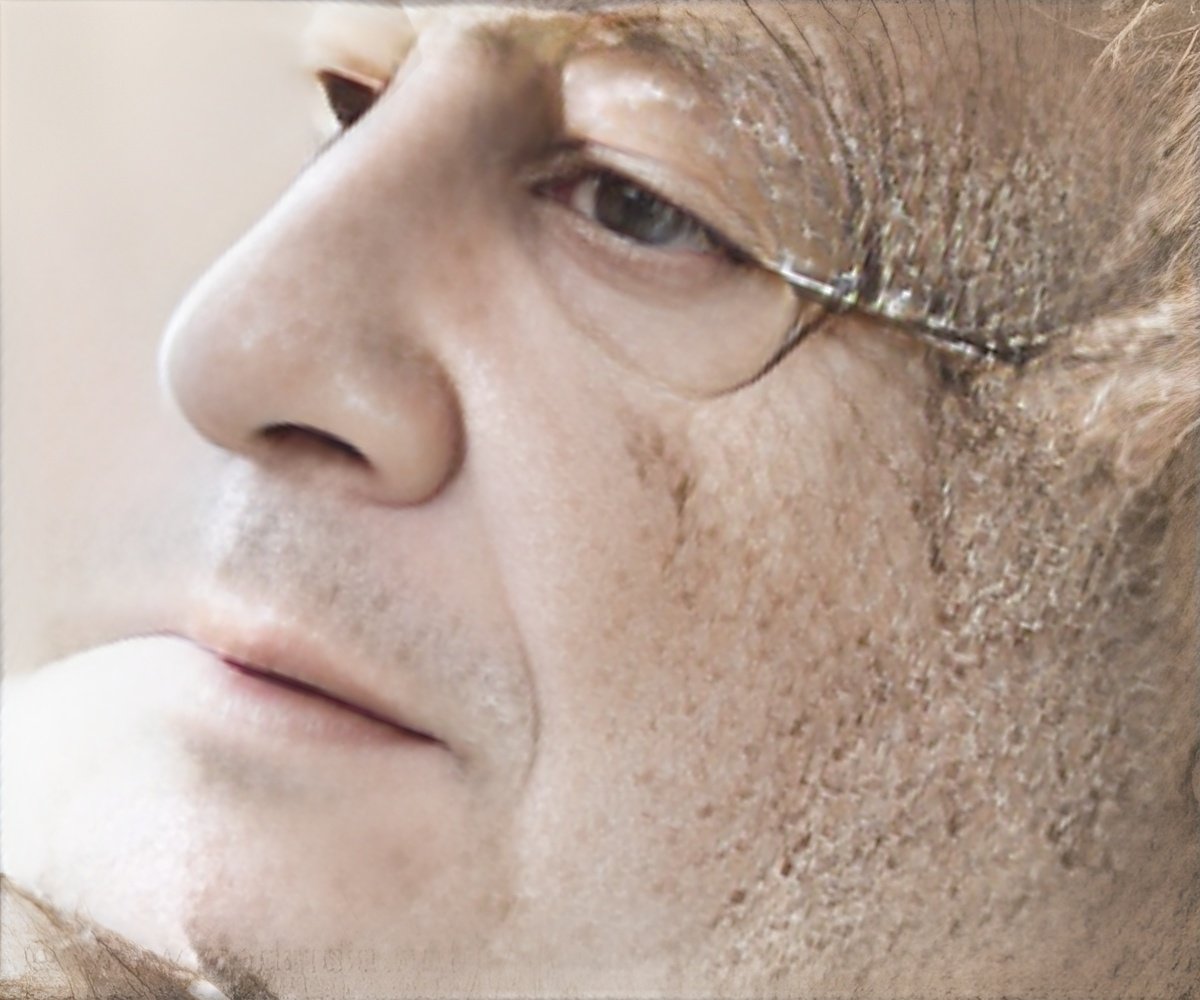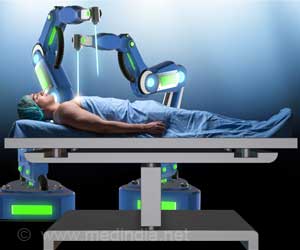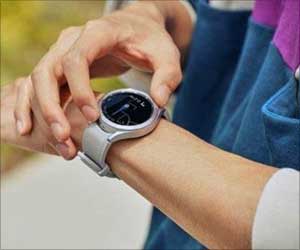
Now, University of Utah electrical engineers Brad Mager and Neal Patwari have constructed a fall-detection system using a two-level array of radio-frequency sensors placed around the perimeter of a room at two heights that correspond to someone standing or lying down. These sensors are similar to those used in home wireless networks. As each sensor in the array transmits to another, anyone standing -- or falling -- inside the network alters the path of signals sent between each pair of sensors.
Mager is presenting the new fall-detection system Tuesday, Sept. 10 in London at the 24th Annual Institute of Electrical and Electronics Engineers International Symposium on Personal, Indoor and Mobile Radio Communications.
The team plans to develop this proof-of-concept technology into a commercial product through Patwari's Utah-based startup company, Xandem Technology. The study was funded by the National Science Foundation.
"The idea of 'aging-in-place,' in which someone can avoid moving to a nursing home and live in their own home, is growing," says Patwari, senior author of the study and associate professor of electrical and computer engineering at the University of Utah. "Ideally, the environment itself would be able to detect a fall and send an alert to a caregiver. What's remarkable about our system is that a person doesn't need to remember to wear a device."
Source-Eurekalert






